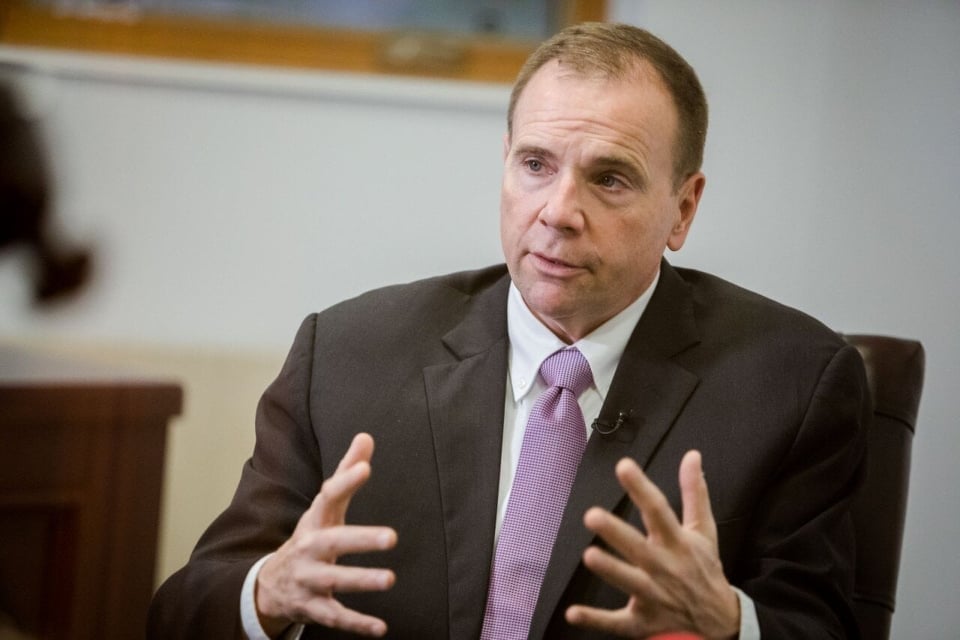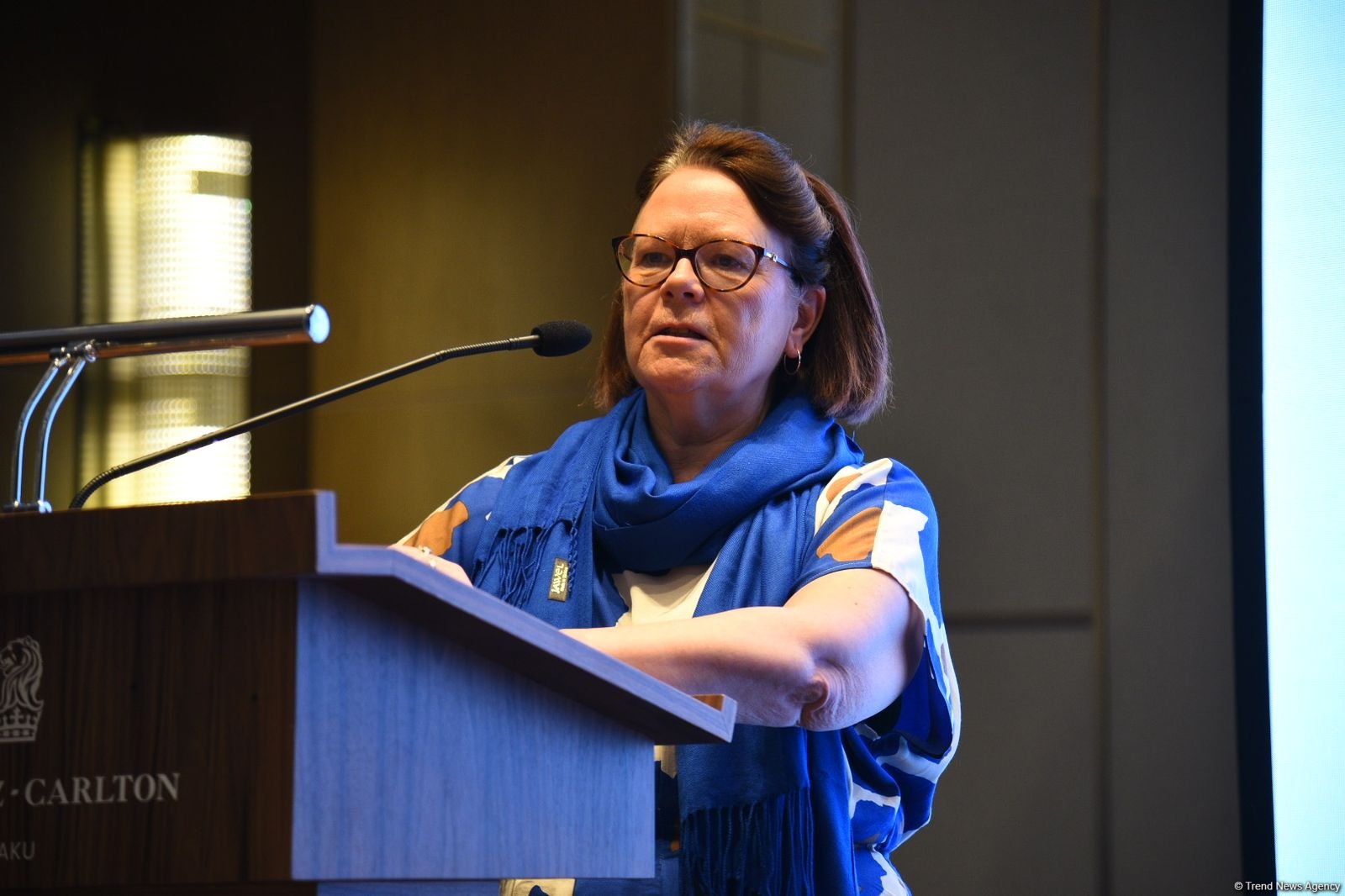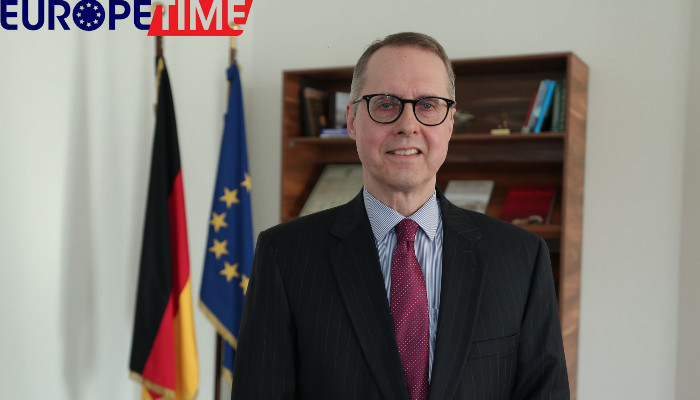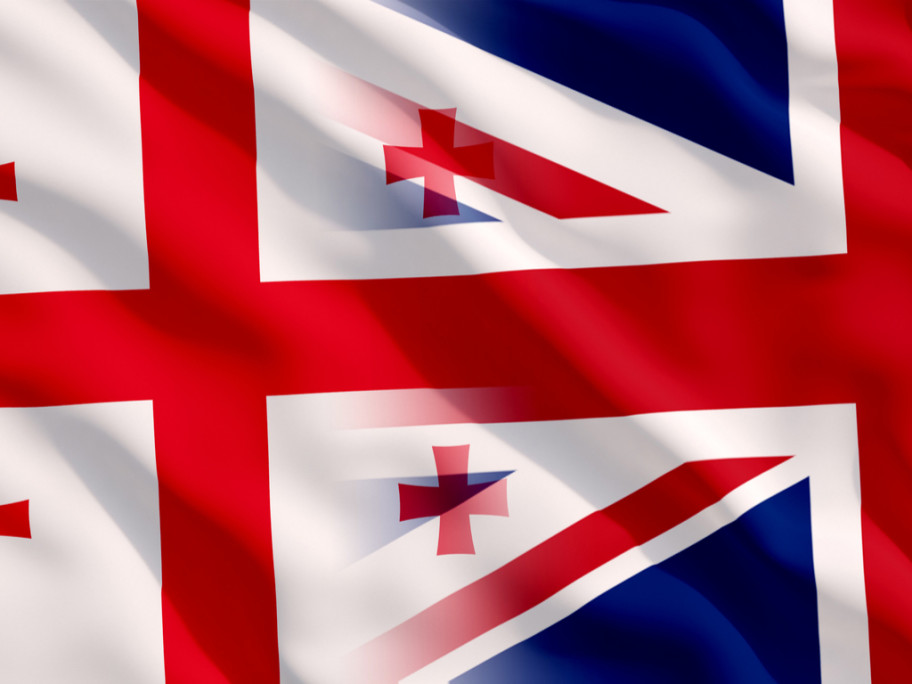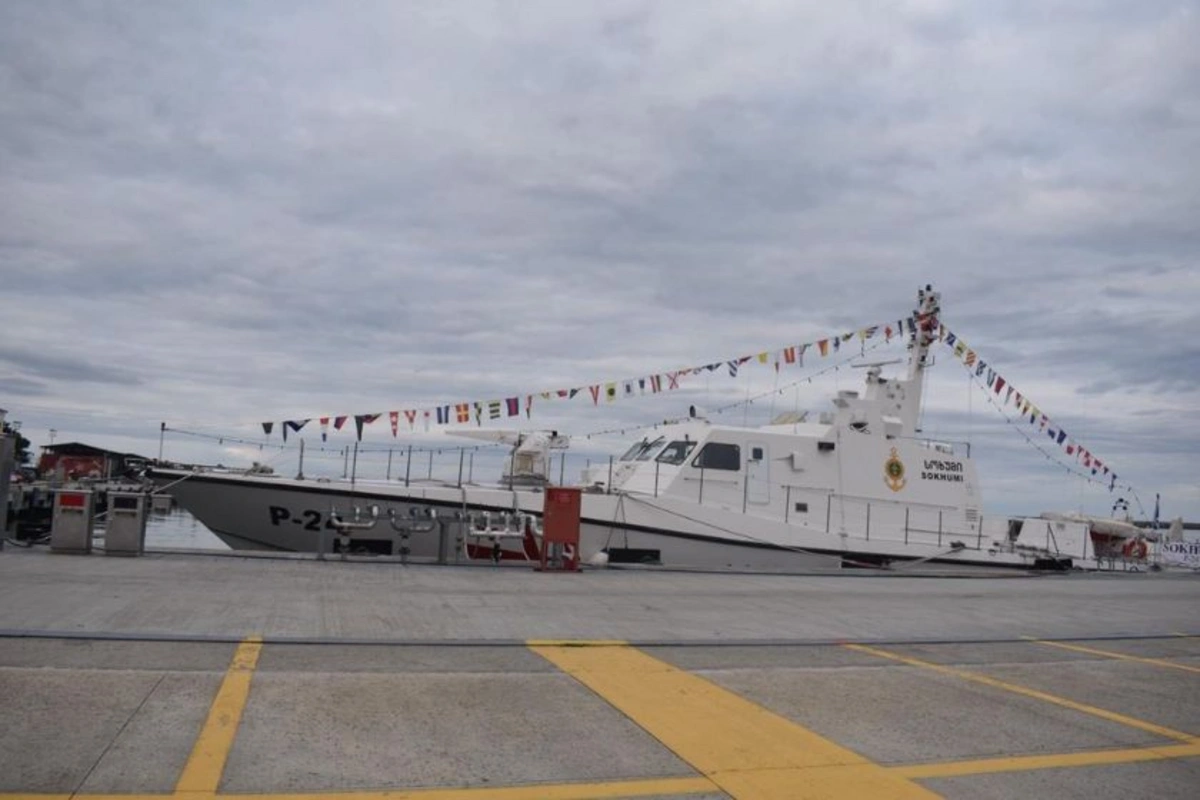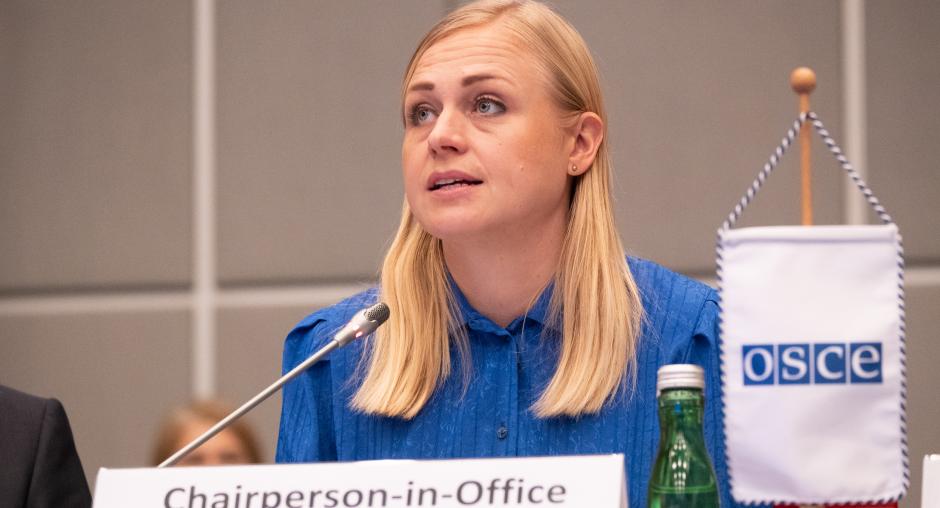In an exclusive interview with Europe Time, Ben Hodges - Pershin Chair in Strategic Studies at CEPA (the Center for European Policy Analysis) (Commander of the US Armed Forces in Europe 2014-2017) talks about the ongoing processes on the Belarus-Poland border, the building-up of Russian troops on the Ukrainian border, and about the need of firm resolve by NATO and partners as well as a strategy by NATO, and by the USA, for the greater Black Sea region, including Georgia.
ET: Good day Mr. General, thank you for finding the time to talk to us. There are so many things happening, I do not know where to start asking questions from. If we look closely at the current events, everything is interconnected. Beginning from refugees on the borderline between Belarus and Poland used as a threatening tool by Lukashenko in response to sanctions to the deployment of Russian troops and military equipment along the Ukrainian border. Against this background, Latvia, Lithuania, and Poland are starting to talk about the enactment of NATO Article 4 of. The statements of the NATO Secretary-General regarding Ukraine are also noteworthy. How would you assess these processes, given tensions have reached a peak, both in the South Caucasus and in Eastern Europe?
An expansion of the current kinetic conflict in Ukraine is not inevitable…but the pieces are increasingly being put into place should the Kremlin decide to act. It was important for Secretary-General Stoltenberg to welcome Ukraine For Min Kuleba and to express NATO’s concerns about the situation.
ET: What does Georgia look like and where is it in the current political landscape? The processes are quite disturbing and full of challenges in the country as well... As you know, the third president of Georgia is on hunger strike in prison, and for almost 14 days now, Georgian MP Helen Khoshtaria has been on hunger strike too demanding to take Mr. Saakashvili to civil hospital.
This entire situation highlights the need for a strategy by NATO, and by the USA, for the greater Black Sea region, including Georgia. Georgia is an anchor on the eastern end of this strategically important region and is the place which should be the gateway between Europe and Eurasia. So, the US Government and NATO have an interest in seeing Georgia stable, secure, democratic, resistant to the Kremlin’s malign influence, and living up to its potential as a liberal, democratic society.
I don’t easily comment on the internal politics of other countries, especially of friends like Georgia. But I am concerned by the terrible, disrespectful treatment of former President Saakashvili. Regardless of whether or not he is charged with offenses, to publicly humiliate him like this is unbefitting a nation that wants to be respected and wants to be a part of Europe. I am disappointed to see this shameful behavior.
ET: The recent aggravation of the situation in Ukraine, the refugee crisis on the Belarusian-Polish border... How can events develop?
I see the latest developments in and around Ukraine as a continuation - the next phase of what happened in and around Ukraine back in the Spring. Since that time, despite the false statements of Minister Shoigu, I think it is clear that there never really was a return of those Russian Federation (RF) forces back to their barracks - Russia left a lot of logistics in place after the Zapad 21 exercise.
And there has been a lot of very sharp/blatant messaging over the last few months by President Putin and questioning or boasts by others about the future of Ukraine and its legitimacy.
And now the latest movements/deployments… In other words, a steady escalation of capability and pressure in the region that never really stopped. This has implications for Georgia as well, given its proximity to Crimea and the Sea of Azov.
We know that the Russians only stop when they are stopped. It will take firm resolve by NATO and our partners, including Ukraine and Georgia, to make it clear to the Kremlin that we will not tolerate further violations of the sovereignty of European nations and international law.
ET: France has made a concrete and very clear statement of support for Ukraine in relation to Russia… In general, the EU is not really passive…
I think that the weaponization of migrants along the border of Belarus with Poland, Lithuania, and Latvia is connected somehow to the RF activities in and around Ukraine, not coincidental, either as reconnaissance or disruption or distraction or all of the above.
Very senior Latvian officials told me recently that they see this at least as reconnaissance. They've observed BLR (or RF?) Special Operations Forces out there timing the responses of Latvian border security forces to attempted incursions by migrants. They also think this could be a distraction, something to draw attention away from what they're doing in/around Ukraine. I was in Kyiv and Odessa on two separate trips in the last few weeks. They are very uneasy there.
I think the EU is finally taking serious steps about the migrant issue on the border but their attention should be much more on the Kremlin, less so on Lukashenko. Lukashenko deserves any sanctions and other negative actions that come his way but there’s not much more to do to him. The key to the migrant/border crisis is the Kremlin, and right now they are feeling no pressure and have no incentive to stop it.
Of course, Turkey is very unhappy that the EU is blaming them in part for the flights of migrants into Belarus which also plays into the Kremlin scheme exacerbating divisions inside the Alliance and/or between Turkey (key to the Black Sea) and Europe. The Suwalki Corridor is also a key part of this.
I think that the weaponization of migrants along the border of Belarus with Poland, Lithuania, and Latvia is connected somehow to the RF activities in and around Ukraine, not coincidental, either as reconnaissance or disruption or distraction or all of the above.
Very senior Latvian officials told me recently that they see this at least as reconnaissance. They've observed BLR (or RF?) Special Operations Forces out there timing the responses of Latvian border security forces to attempted incursions by migrants. They also think this could be a distraction, something to draw attention away from what they're doing in/around Ukraine. I was in Kyiv and Odessa on two separate trips in the last few weeks. They are very uneasy there.
I think the EU is finally taking serious steps about the migrant issue on the border but their attention should be much more on the Kremlin, less so on Lukashenko. Lukashenko deserves any sanctions and other negative actions that come his way but there’s not much more to do to him. The key to the migrant/border crisis is the Kremlin, and right now they are feeling no pressure and have no incentive to stop it.
Of course, Turkey is very unhappy that the EU is blaming them in part for the flights of migrants into Belarus which also plays into the Kremlin scheme exacerbating divisions inside the Alliance and/or between Turkey (key to the Black Sea) and Europe. The Suwalki Corridor is also a key part of this.
This narrow bit of Polish-Lithuanian territory between Belarus and Kaliningrad is strategically vital because, as you know, it is the land-link between our Baltic Allies (LTU, LVA, and EST) and the rest of NATO/EU. If it were cut/blocked by RF and BLR forces then we’d have a real problem.
There is the potential (not inevitable) but the potential for this situation with the migrants on the border of BLR (which is entirely a creation of BLR and RF) to escalate into a major issue, perhaps with kinetic action, at which time the RF might decide it has to step in due to the “humanitarian crisis” or something and, in the process “temporarily” close the Corridor, with its two roads and one railroad. Not likely but it’s completely feasible in my view. So, all in all, this is classic Russian “warfare” - use of all sorts of tools, leverage, threats, language, disinformation, migrants.
ET: Energy resources and Russian gas are also one of the main tools of Russia, the example of Moldova is enough for it...
Russian gas is clearly a “weapon” and that is part of the overall Kremlin mix as well, all of which is to unsettle/destabilize the EU, present Ukraine to the West as a “failed state”, and keep us all off balance. As a cold winter approaches and while Germany is led by a “care-taker” government until the new Coalition government is in place...hopefully by mid-December.
The US administration is right to be concerned about this and I'm glad that Secretary Blinken is finally speaking plainly, and that Secretary of Defense Austin has spoken so plainly, including when he was in the Black Sea region a couple of weeks ago.


